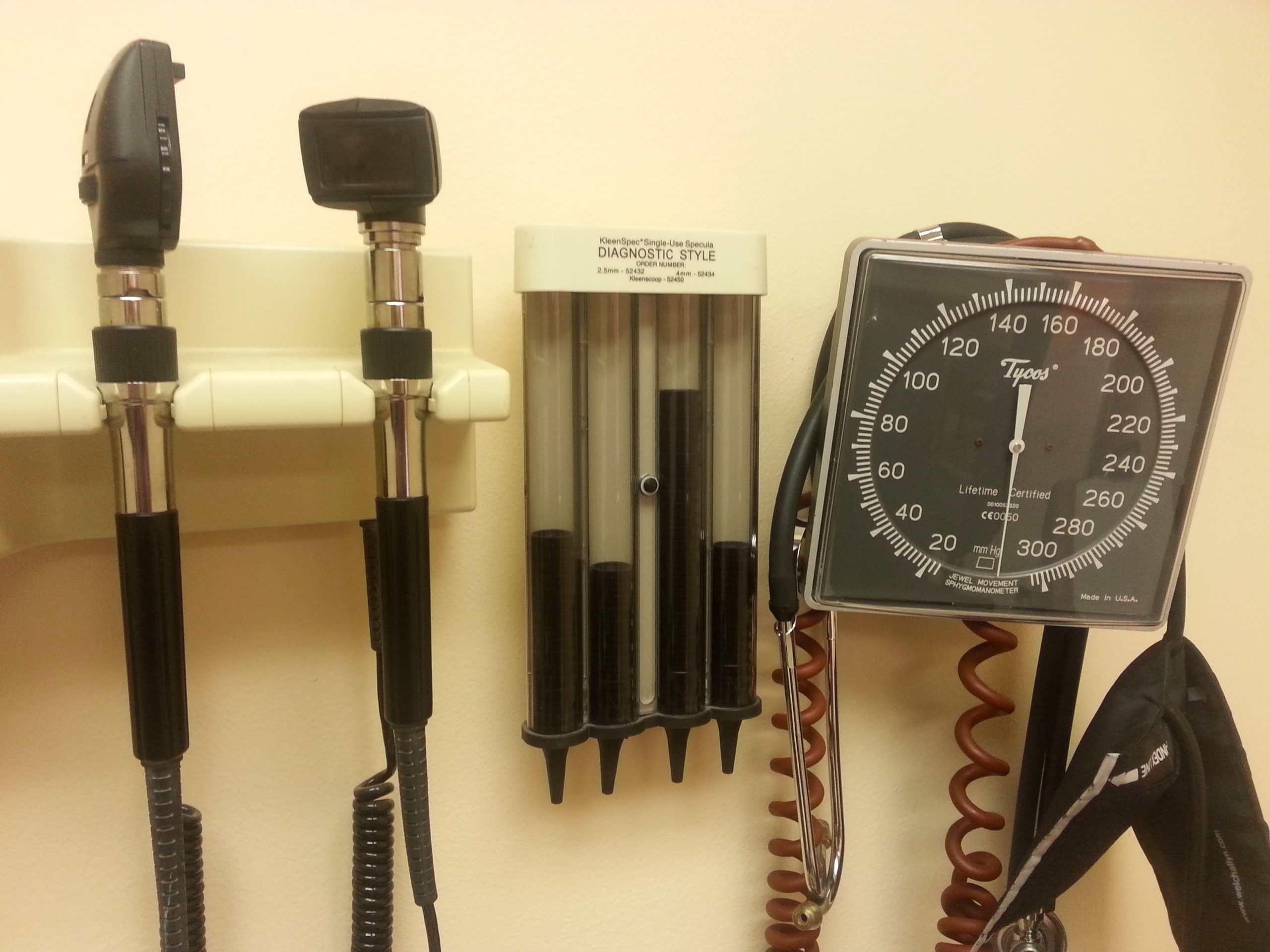 A recent Louisiana Court of Appeal decision has underscored the significance of expert testimony in medical malpractice cases. The case, Mariakis v. North Oaks Health System, involved a wrongful death lawsuit alleging that the hospital failed to provide adequate care, leading to the patient’s death. The trial court initially granted summary judgment in favor of the hospital, but the Court of Appeal reversed this decision, highlighting the necessity of expert evidence to resolve complex medical malpractice claims.
A recent Louisiana Court of Appeal decision has underscored the significance of expert testimony in medical malpractice cases. The case, Mariakis v. North Oaks Health System, involved a wrongful death lawsuit alleging that the hospital failed to provide adequate care, leading to the patient’s death. The trial court initially granted summary judgment in favor of the hospital, but the Court of Appeal reversed this decision, highlighting the necessity of expert evidence to resolve complex medical malpractice claims.
Lori Mariakis presented to the emergency department at North Oaks Hospital with severe abdominal and vaginal pain. She was diagnosed with a colitis flare-up and discharged. Five days later, she returned with worsening symptoms and was diagnosed with constipation. However, her condition deteriorated, and she was admitted to another hospital, where she tragically passed away.
Her sons sued North Oaks Health System, alleging that the hospital’s negligence in diagnosing and treating their mother led to her death. The medical review panel initially found no evidence of malpractice. However, the plaintiffs presented an expert witness, Dr. Robert V. West, who opined that the care provided by North Oaks fell below the applicable medical standard of care and caused Ms. Mariakis’s death.
 The following case highlights the critical role of expert testimony in medical malpractice lawsuits and the difficulty of succeeding on such claims without it.
The following case highlights the critical role of expert testimony in medical malpractice lawsuits and the difficulty of succeeding on such claims without it. Insurance Dispute Lawyer Blog
Insurance Dispute Lawyer Blog


 Filing a medical malpractice claim in Louisiana involves navigating a complex process, including meeting strict deadlines. One crucial step is timely paying the filing fee to the Patient’s Compensation Fund Oversight Board (PCF Board). But does the “mailbox rule” apply to these payments? A recent Louisiana Court of Appeal case,
Filing a medical malpractice claim in Louisiana involves navigating a complex process, including meeting strict deadlines. One crucial step is timely paying the filing fee to the Patient’s Compensation Fund Oversight Board (PCF Board). But does the “mailbox rule” apply to these payments? A recent Louisiana Court of Appeal case,  In a significant development for medical malpractice litigation in Louisiana, the Fourth Circuit Court of Appeal recently reversed a summary judgment, underscoring the importance of thorough fact-finding and the potential need for expert testimony in such cases. The case,
In a significant development for medical malpractice litigation in Louisiana, the Fourth Circuit Court of Appeal recently reversed a summary judgment, underscoring the importance of thorough fact-finding and the potential need for expert testimony in such cases. The case,  A recent ruling by the Louisiana Court of Appeal has shed light on the complexities of prescription (the state’s equivalent of a statute of limitations) and the concept of joint tortfeasors in wrongful death cases. The case, Crocker v. Baton Rouge General Medical Center, involved a tragic incident where a mentally impaired man, Jerry Sheppard, died after an altercation following his discharge from the hospital.
A recent ruling by the Louisiana Court of Appeal has shed light on the complexities of prescription (the state’s equivalent of a statute of limitations) and the concept of joint tortfeasors in wrongful death cases. The case, Crocker v. Baton Rouge General Medical Center, involved a tragic incident where a mentally impaired man, Jerry Sheppard, died after an altercation following his discharge from the hospital. In a recent Louisiana Court of Appeal decision, the court reinforced the importance of the
In a recent Louisiana Court of Appeal decision, the court reinforced the importance of the  A recent Louisiana Court of Appeal decision has underscored the significance of expert testimony in medical malpractice cases. The case, Mariakis v.
A recent Louisiana Court of Appeal decision has underscored the significance of expert testimony in medical malpractice cases. The case, Mariakis v. A recent
A recent  In the recent Louisiana Court of Appeal, Third Circuit, decision of
In the recent Louisiana Court of Appeal, Third Circuit, decision of